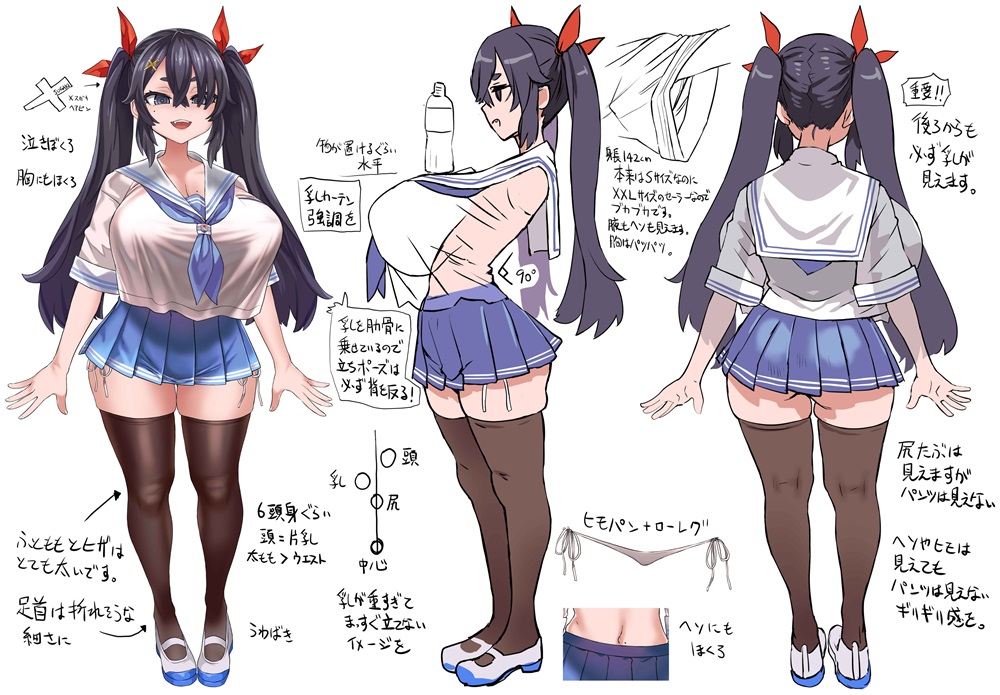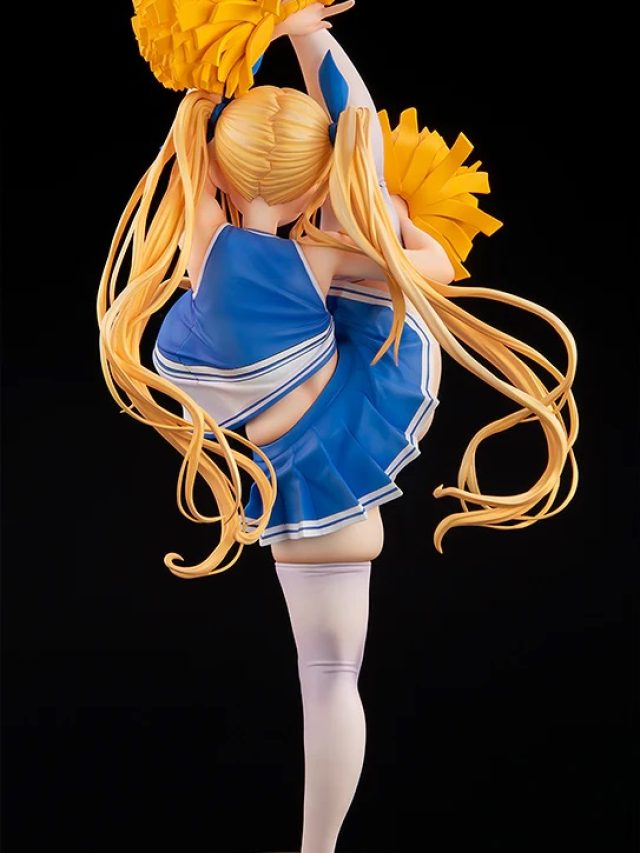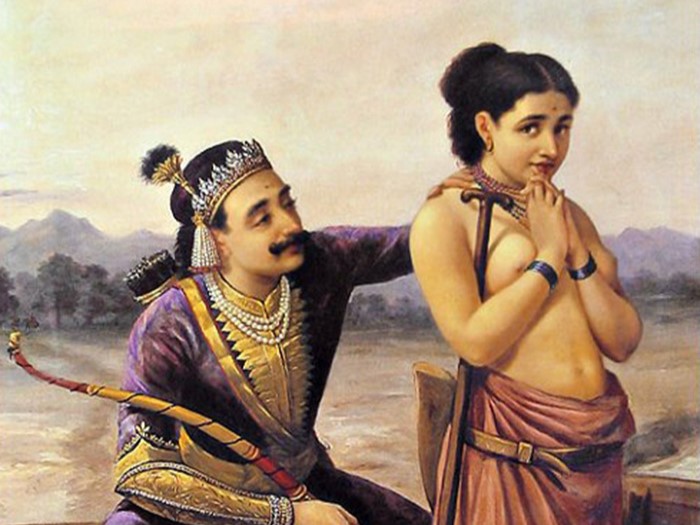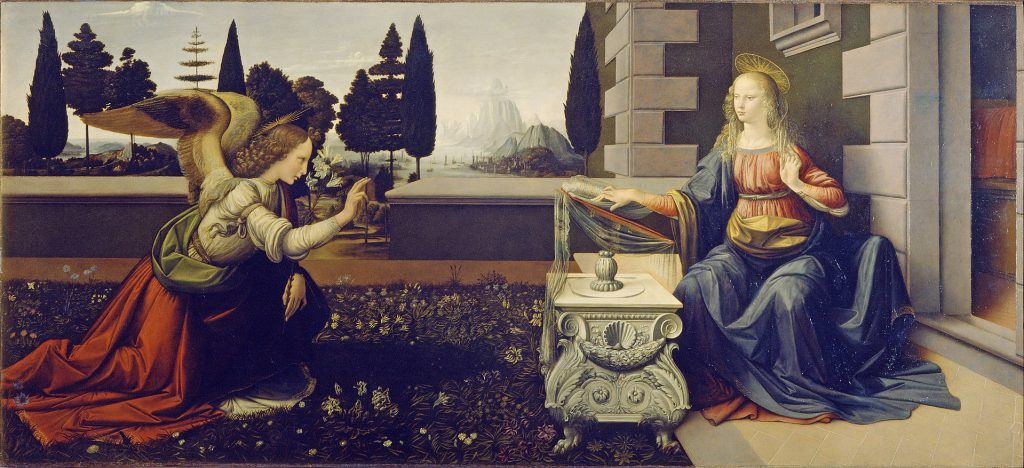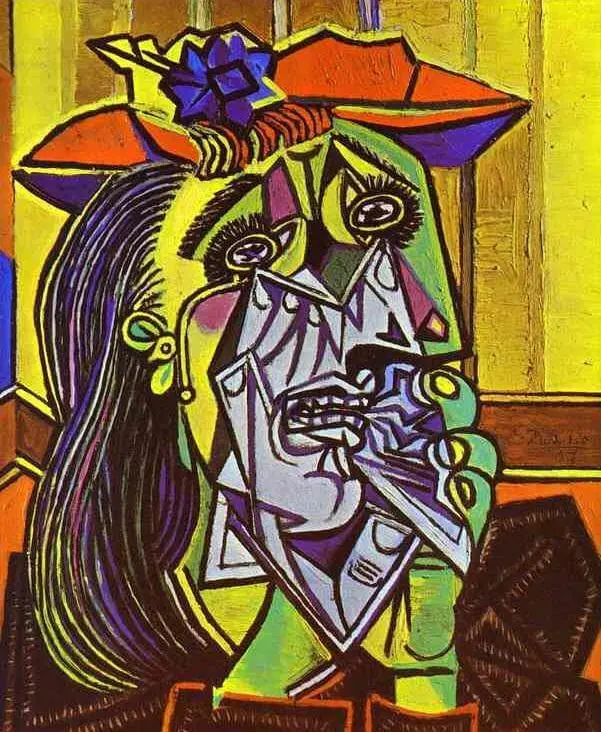Often called “hentai,” hendai art is a Japanese manga and animation subgenre focusing on explicit sexual themes. It includes a range of themes and genres, from intense and fanciful to romantic and consenting. Hentai originated from traditional Japanese sexual art, but in the 20th century, when manga and anime became more popular, it underwent a significant transformation. Influenced by broader trends in manga and anime, contemporary hentai art frequently incorporates elements of other visual genres and narratives.
One particular subcategory of adult entertainment in Japan is called Hentai. It’s vital to remember that the Japanese phrase for “hentai” does not refer to the genre itself; rather, it denotes something twisted or deviant. Instead, words like “ero anime” (erotic anime) and “ero manga” (erotic manga) are employed. Science fiction, horror, fantasy, and everyday life are just a few of the many themes and genres that Hentai covers. Themes can reflect a wide range of sexual fantasies, from loving and consensual relationships to more taboo ones.
Legal restrictions apply to the creation and distribution of hentai, especially regarding representations of children and non-consensual behaviour. Rules governing allowable material vary among nations, and discussions about the influence and content of such regulations frequently come up in ethical discourse. Although Hentai art is sometimes highly stylized, it typically has dramatic expressions and exaggerated anatomical features. The artwork can range significantly from highly abstract and whimsical to realistic and detailed.
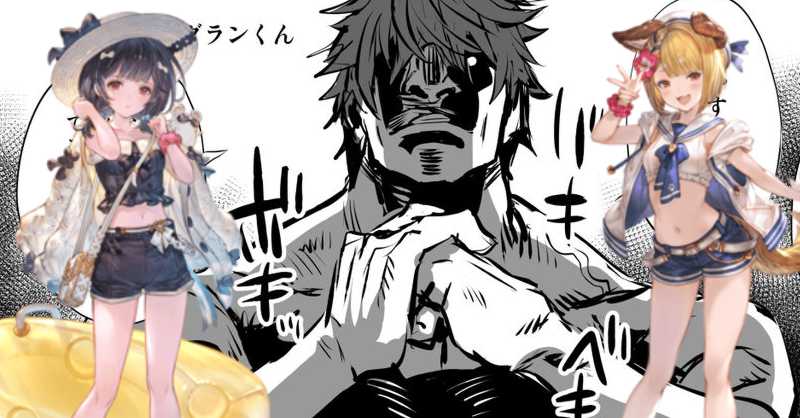
Hentai is available through several outlets, including specialised publications, internet portals, and video formats. The widespread appeal of hentai content can be attributed to the substantial global expansion of its accessibility over the internet. Fans of hentai can exchange, converse, and produce content in thriving subcultures and online communities. These communities are on specialised websites, social media platforms, and forums.
Hentai artist
Among manga and anime creators, hentai artists occupy a distinct position. Their work is noteworthy for several reasons, both globally and in the context of Japanese pop culture. To experiment with styles, techniques, and issues that may not be covered in mainstream manga and anime, hentai artists frequently push the bounds of artistic expression. This may inspire creative methods for narrative structure, character development, and visual design.
Hentai artists often explore taboo or contentious subjects and situations. Even if it is presented in a very stylized and fictionalized way, this investigation can offer a forum for talking about and comprehending intricate facets of human sexuality and desire. Many hentai artists also create mainstream manga and anime, allowing them to share their distinctive artistic abilities and narrative strategies with a broader audience. This crossover may result in thematic and stylistic effects on famous works, enhancing the range of accessible content.
Cultural conventions and ideas towards sexuality in Japan and other countries are reflected in and occasionally challenged by hentai art. Hentai artists contribute to continuing discussions about sexuality, censorship, and freedom of expression by challenging social norms. With sales of publications, digital content, accessories, and other items, the hentai sector contributes significantly to the more extensive manga and anime market. Prominent hentai artists have the potential to play essential roles in this specialised market, boosting its vibrancy economically.
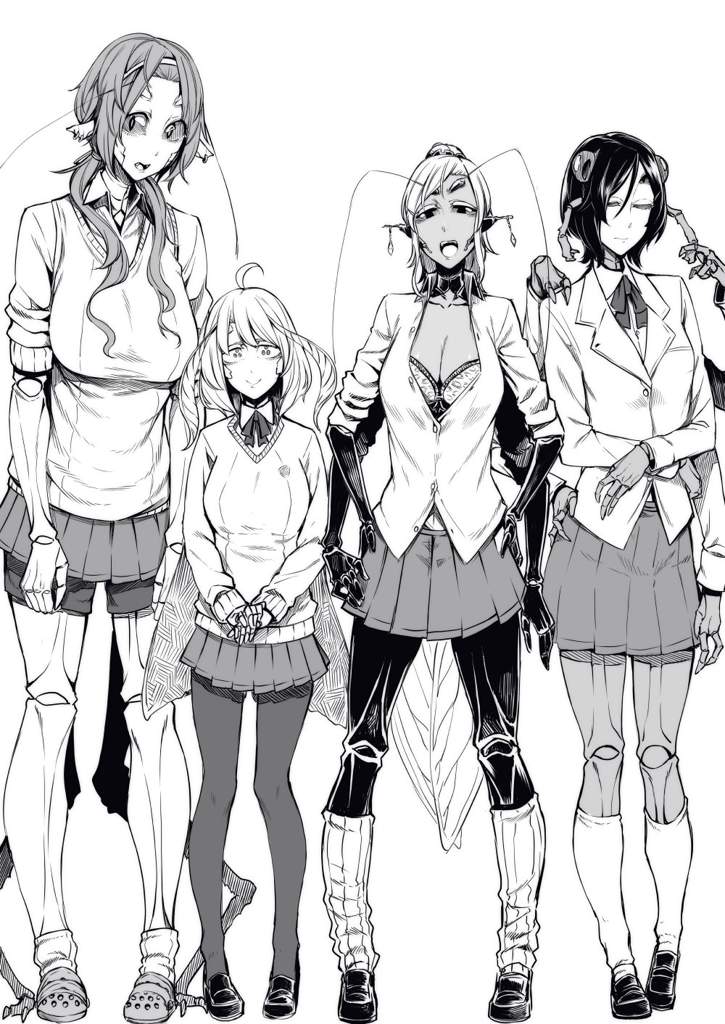
Dedicated fan bases that actively interact with the work of hentai artists are standard. By engaging in online debates, producing fan fiction, making fan art, and consuming material, these fans help to build a lively and dynamic community. Within the hentai genre, artists frequently have a tremendous degree of creative freedom. This frees them from the limitations imposed by mainstream publishers or audiences, enabling them to explore particular interests and artistic aspirations. Virtual reality and digital drawing tools are among the latest technologies that Hentai artists frequently use and experiment with. This openness to technological advancement can spur industrial innovation and impact more general digital entertainment and art trends.
1) Asanagi
Within the hentai scene, Asanagi is a well-known artist who has attracted much attention and a sizable following. Asanagi is known for the vibrant and intricate illustrations in his artwork. Exaggerated anatomical proportions, intense expressions, and a great degree of detail in individuals and surroundings are common elements of his style. This degree of artistry distinguishes and makes his work instantly identifiable. Asanagi’s works usually delve into darker and more extreme themes within the hentai genre. This covers situations in which there is extreme bondage, non-consensual behaviour, and dominance. His material is not for everyone because it frequently defies accepted norms, even in the context of sexual art.
2) Nakamura Regura
Another well-known figure in the hentai community is Nakamura Regura, renowned for his style and noteworthy contributions to the genre. Nakamura Regura’s artwork is distinguished by its expressive expressions, intricate character designs, and crisp lines. His illustrations are distinguished in the hentai community by their glossy, high-quality finish. Regura’s works cover a wide range of themes within the hentai genre. Though he writes about graphic sexual topics, his stories frequently have humour, romance, and slice-of-life situations. He has a devoted following thanks to his sexiness, character development, and narrative complexity.
3) Shindol
Shindol is a pseudonymous hentai artist whose works frequently tackle dark and contentious subjects. Shindol is known for the intricate and poignant depictions in his artwork. Exaggerated proportions, delicate linework, and an emphasis on depicting expressive facial emotions are typical elements of their style. Even if Shindol’s material is explicit, their technical proficiency is frequently acknowledged in their artistic creations. Taboo and psychologically charged subjects, such as severe fetishes, non-consensual settings, and societal difficulties, are often explored in Shindol’s works. Their works explore the darker facets of human nature and society, including tragedy, despair, and existentialism.
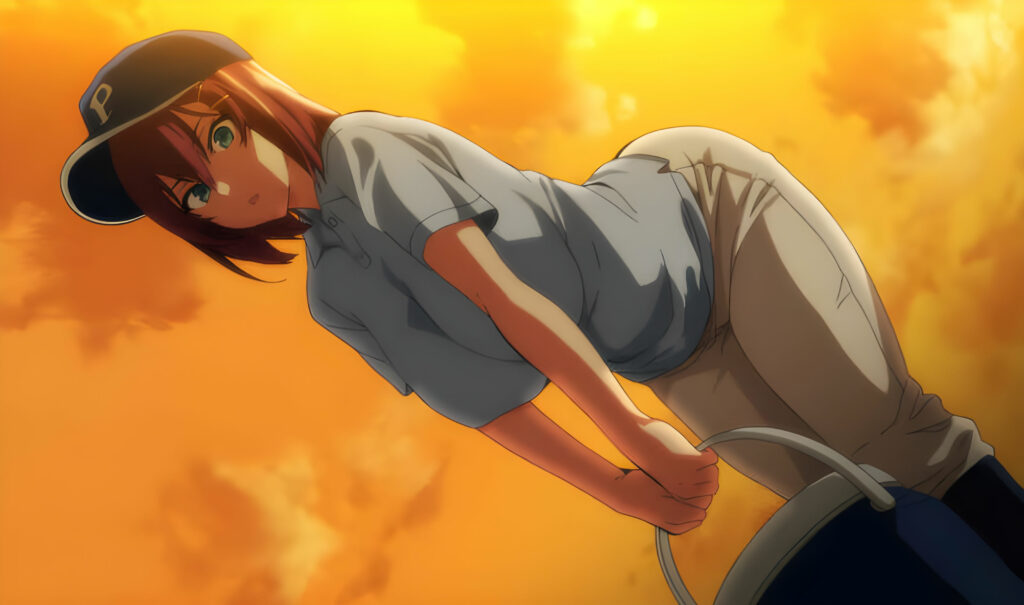
4) Takeda Hiromitsu
Renowned hentai artist Takeda Hiromitsu is well-known for his genre contributions and unique artistic style. The gentle colouring, engaging character designs, and fluid lines define Takeda Hiromitsu’s artwork. His work frequently features adorable and appealing characters, emphasising the creation of sensual and passionate moments that are visually appealing to the audience. Hiromitsu’s works include many topics, such as comedy, romance, and slice-of-life situations within the hentai genre. Even though his work contains graphic sexual scenes, it frequently examines characters’ consenting relationships and sensual interactions.
5) Oda Non
Oda Non is a pseudonymous hentai artist whose work is distinguished by its extreme stylization. Oda Non is known for her artwork’s opulent, intricate, and sensual character designs. Exaggerated proportions are a common element of their work, especially when it comes to the female characters, which highlight their curves and sensuality. The vivid colouring enhances the overall attractiveness of their drawings. Romance, imagination, and fetishism are just a few of the sensual topics that Oda Non explores in her writings. Consensual connections and private interactions between characters are frequently depicted in their stories in an aesthetically spectacular and sensually heated way. Even if some of its content is graphic, it is typically presented elegantly and sensually.
6) Shiwasu No Okina
Renowned hentai artist and manga creator Shiwasu No Okina substantially contributed to the genre. The intricate linework, dynamic compositions, and expressive characters define Shiwasu No Okina’s artwork. They are known for their smooth, well-executed, sensual scenes and appealing character designs. Their primary recognition stems from their ability to present graphic sexual topics in an aesthetically pleasing and sensually engaging way. Romance, humour, and fetishism are just a few of the many sensual topics that Shiwasu No Okina explores in her writings. Consensual partnerships and private interactions between characters are frequently depicted in their stories in an erotic and emotionally compelling way. Even though its content can be explicit, it’s commonly presented in a lighthearted and seductive manner.
7) Michiking
Renowned hentai artist Michiking, better known by his stage name Michiru, is famous for his unique style and contributions to the genre. The appealing character designs, fluid shading, and crisp lines define Michiking’s artwork. Their aesthetic frequently highlights charming and seductive personalities, emphasising the creation of visually stunning and sensually intense scenarios. Within the hentai genre, Michiking’s works explore a range of subjects, such as fantasy, comedy, and romance. Consensual partnerships and private interactions between characters are frequently depicted in their stories in an erotic and emotionally compelling way. Although some of their content is explicit, it’s often presented lightheartedly and seductively.
8) Ishikei
Renowned hentai artist Ishikei, commonly called Ishikei Kuroneko, is famous for his intricate artwork and contributions to the genre. The expressive characters, fine details, and crisp lines define Ishikei’s artwork. Their aesthetic frequently consists of appealing and distinct character designs, emphasising the creation of visually captivating and sensually intense scenarios. Their prominent reputation stems from their ability to realistically and intricately represent explicit sexual topics.
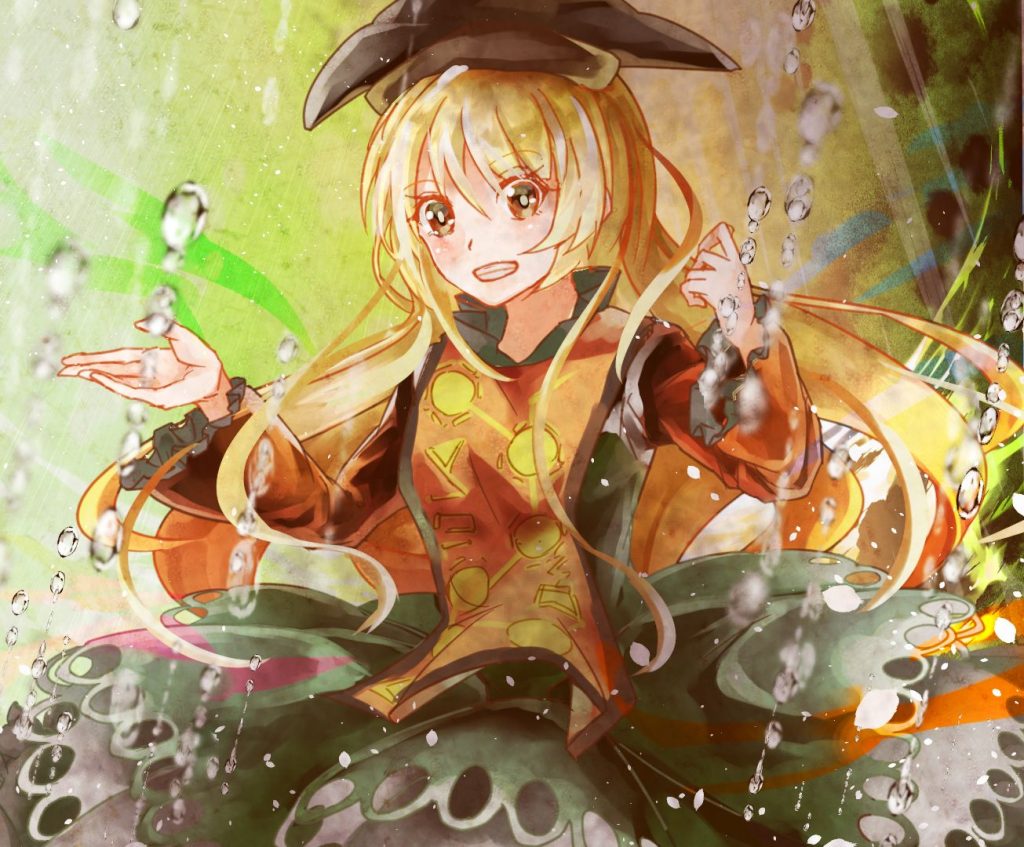
9) Tony Taka
Tony Taka is a well-known Japanese illustrator and character designer who goes by Takashi Takeuchi. Tony Taka is known for his exquisitely detailed and stunning character designs. His artwork features alluring female characters with long limbs, expressive eyes, and elaborate clothes. His vivid hues, clean lines, and meticulous attention to detail are hallmarks of his art. Tony Taka is well-known for creating characters and illustrations for video games and visual novels. He has worked with several game producers, such as Visual Art’s/Key, a visual novel studio, giving character designs to well-known games, including “Kanon,” “Air,” and “Clannad.”
10) Uo Denim
Talented hentai artist Uo Denim, commonly called Uo Denim Mania or just Uo, is well-known for their original style. Bold lines, exaggerated proportions, and dynamic characters define Uo Denim’s artwork. Curvy and voluptuous female characters with extensive, detailed eyes and elaborate attire are a common aspect of their style. Vibrant colours and meticulous attention to detail characterise Uo’s art. The many hentai genre themes covered in Uo Denim’s works are fetishism, fantasy, and romance. Consensual partnerships and private interactions between characters are frequently depicted in their stories in an erotic and emotionally compelling way. Even though some of their content is explicit, it’s frequently presented lightheartedly and seductively.
The world of hentai art is intricate and multidimensional, and it isn’t easy to put into neat categories. From its beginnings in Japanese culture to its current global prominence and influence, hentai artists must negotiate a terrain of creative expression, social mores, and business concerns. These artists persist in pushing limits, questioning conventions, and producing thought-provoking and captivating works despite encountering criticism and controversy.
Hetai art is still a dynamic and developing phenomenon that captures the complexity of human desire and imagination, regardless of whether it is seen as a creative inquiry, sexual fantasy, or societal commentary. The legacy of hentai artists will have a long-lasting impact on the cultural landscape for years to come as society struggles with questions of censorship, freedom of speech, and the boundaries of art.

